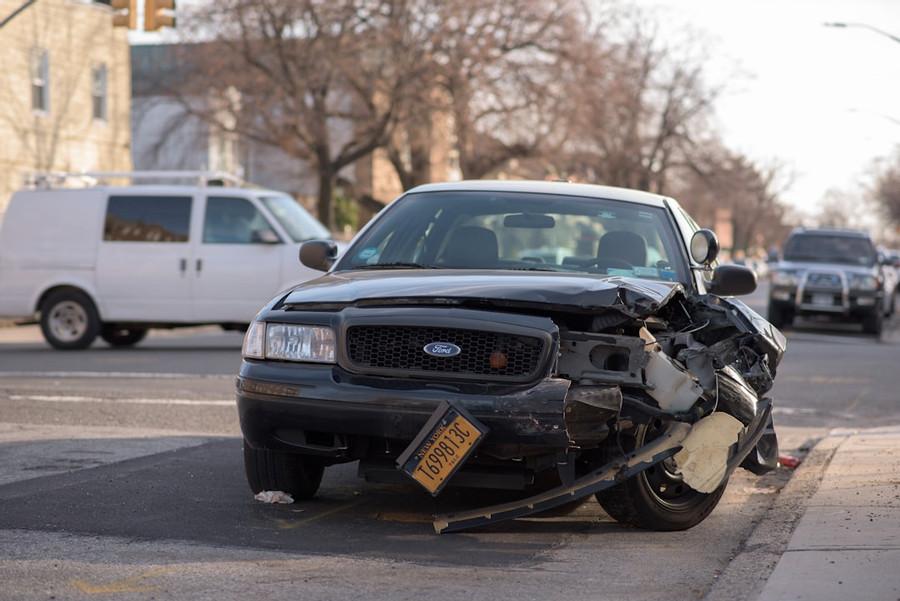5. Story Bias (contd)
Say that a car was driving across a bridge when the structure collapsed. A journalist covers the story by finding out about the driver, detailing his backstory and interviewing him about the experience. This puts a face on the incident, something readers want and need. But it ignores other pertinent questions: What caused the bridge to fall? Are other bridges at risk? Have authorities looked into the bridge’s compliance with engineering regulations? To dispel the false sense of knowledge that news stories bestow, learn to read between the lines and ask the unspoken questions.
201
745 reads
CURATED FROM
IDEAS CURATED BY
Dobelli shared some common thinking mistakes. Knowing these errors won’t help you avoid them completely, but it will help you make better decisions – or at least teach you where you slipped.
“
The idea is part of this collection:
Learn more about communication with this collection
How to make good decisions
How to manage work stress
How to manage email effectively
Related collections
Read & Learn
20x Faster
without
deepstash
with
deepstash
with
deepstash
Personalized microlearning
—
100+ Learning Journeys
—
Access to 200,000+ ideas
—
Access to the mobile app
—
Unlimited idea saving
—
—
Unlimited history
—
—
Unlimited listening to ideas
—
—
Downloading & offline access
—
—
Supercharge your mind with one idea per day
Enter your email and spend 1 minute every day to learn something new.
I agree to receive email updates
